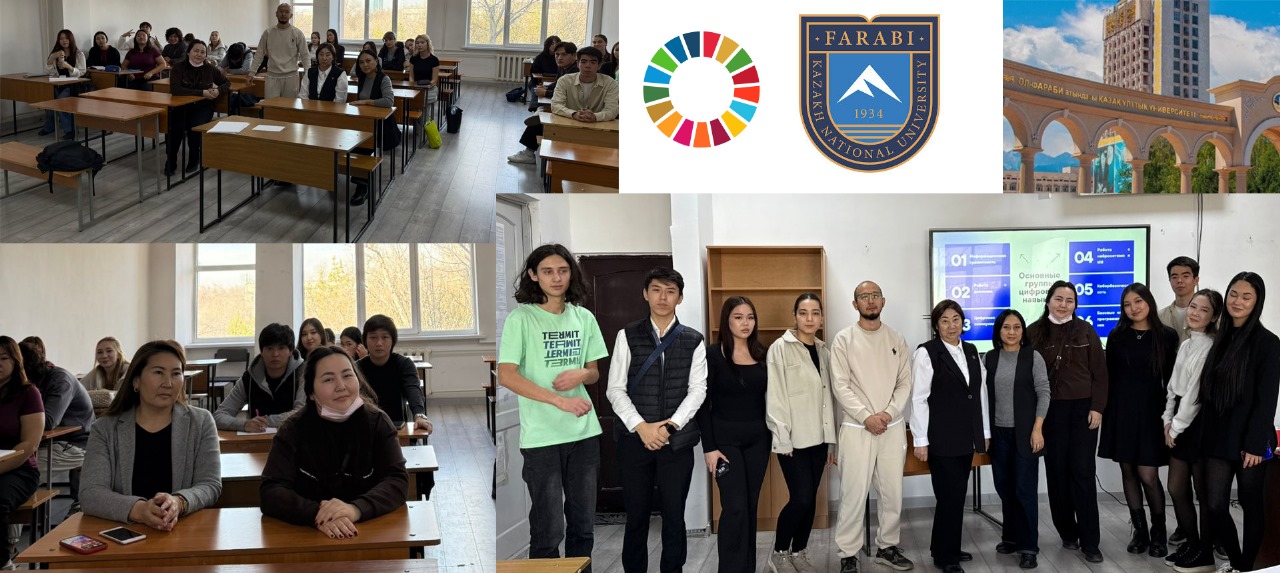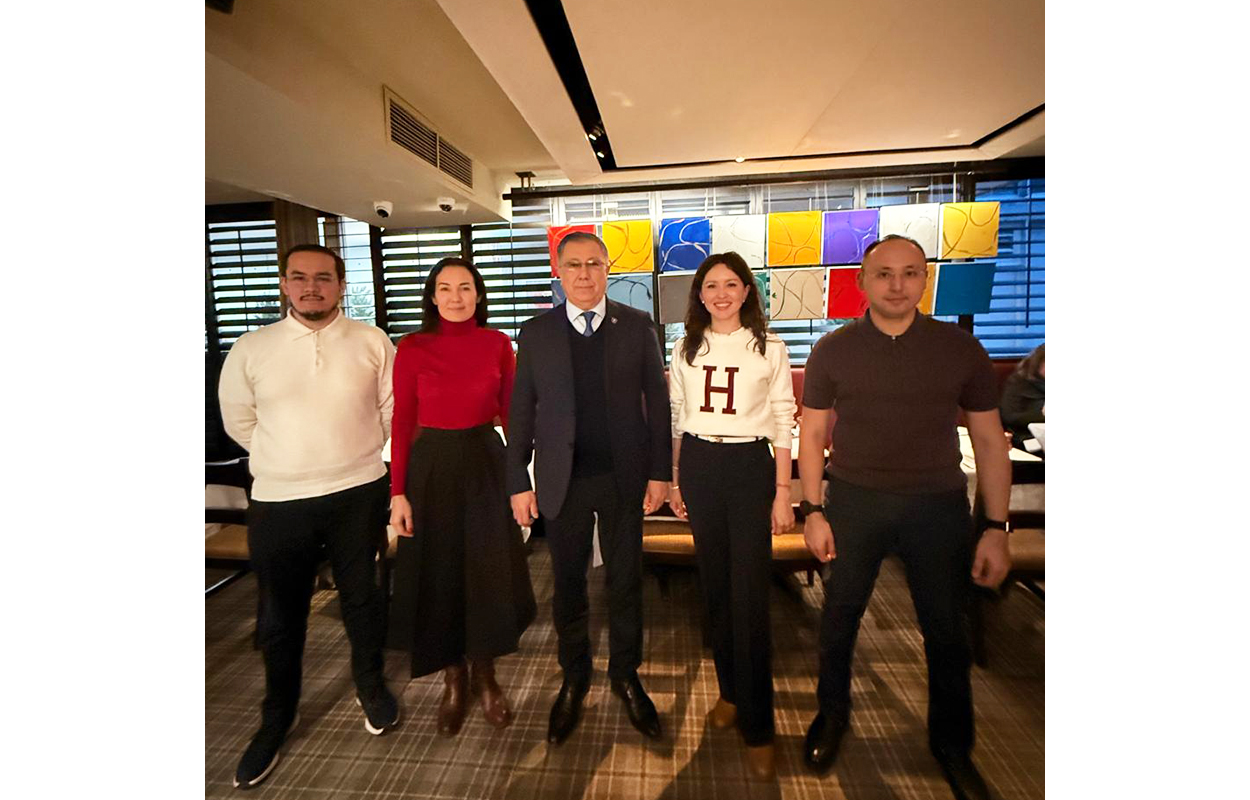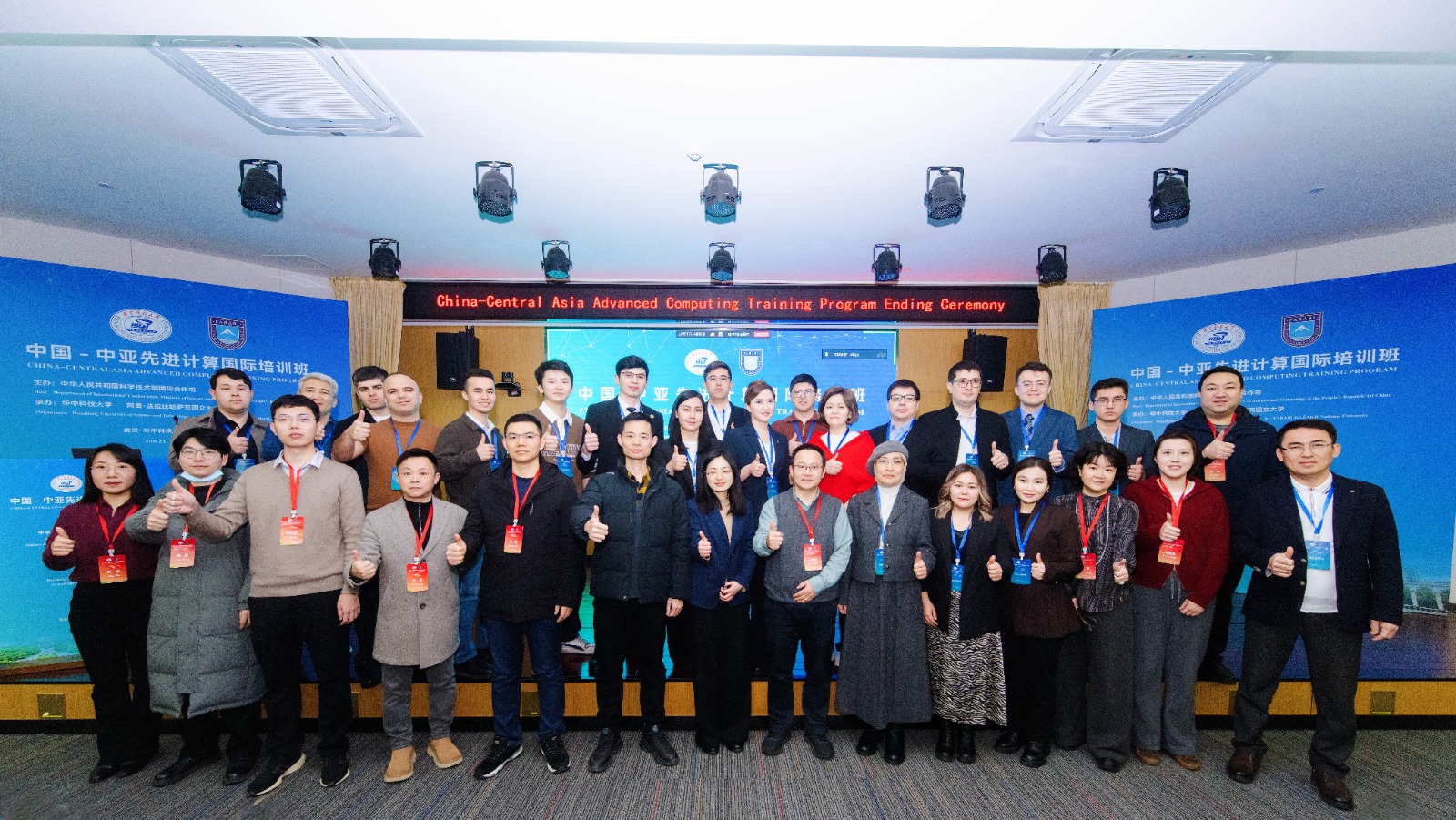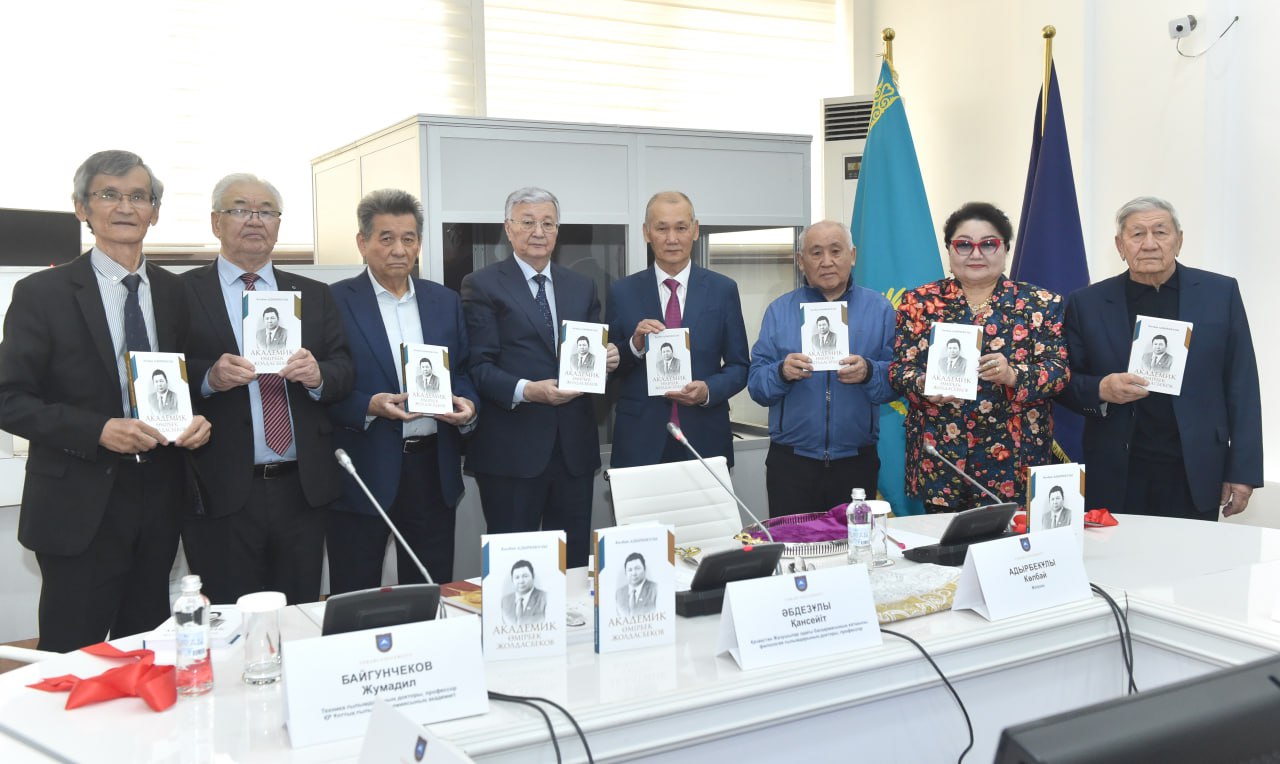Digital Competencies for the Future Student

Digital Competencies for the Future Student
On November 12, 2025, an event was held within the framework of the Sustainable Development Goals (SDGs), aimed at achieving Goal 4 — Quality Education, on the topic “Digital Skills for the Future Student.”
The event highlighted the importance of digital competencies in the educational process and their role in shaping a competitive 21st-century specialist proficient in modern technologies.
The main purpose of the event was to develop students’ digital literacy and to equip them with practical skills for working with digital tools essential for their future professional activities in the field of logistics.
During the session, key digital skills in high demand today were discussed, including:
* using office and analytical software (Excel, Google Sheets) for data processing and analysis;
* applying visualization and design tools (Canva, Figma) when preparing projects and presentations;
* becoming familiar with educational platforms (Darlean, Coursera, Stepik) for self-learning;
* understanding the potential of artificial intelligence and neural networks in optimizing academic and business processes.
Special attention was given to the demonstration of the Relog Transport Management System (TMS), an integral part of the digital transformation of 21st-century logistics. Participants explored the system’s capabilities, which enable the automation of routing, planning, and transportation control.
In the interactive part of the event, participants had the chance to feel like real logisticians: together with the speaker, they developed delivery routes for a fictional company distributing goods across various shops and supermarkets in Almaty. This allowed them to understand the logic behind efficient transport schemes and to recognize the significance of digital tools in managing modern logistics processes.
At the conclusion of the event, it was emphasized that mastering digital skills and modern logistics systems such as Relog is a crucial condition for high-quality education, successful professional development, and active participation in the sustainable development of society.
Оrganizers:
Faculty members of the Department of Business Technologies: Beissenova M.U., Kazhmuratova A.K., Boltayeva A.Zh, Tulebayeva N.T., Ibrayeva L.M.;
First-year Master's student of the Logistics educational program — Sagaliyev Saur;
Second course students of the Logistics major (Russian department).


